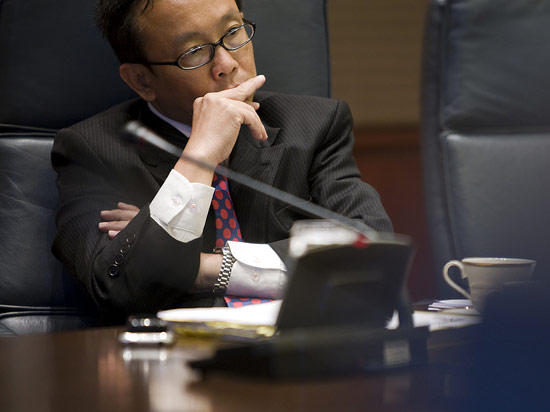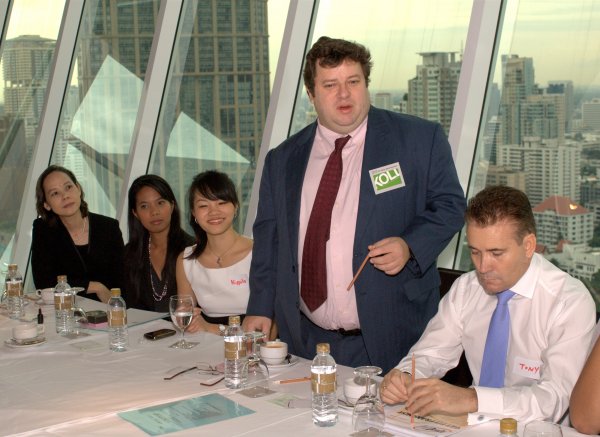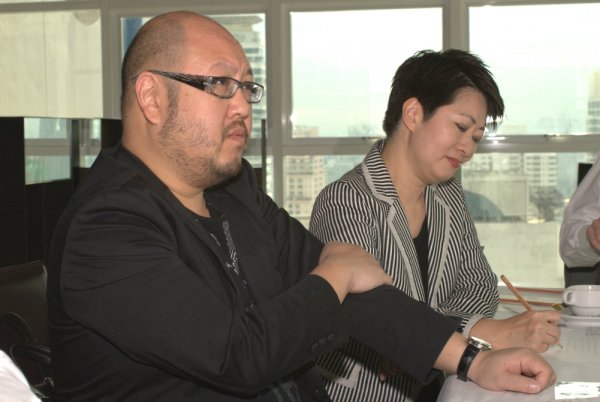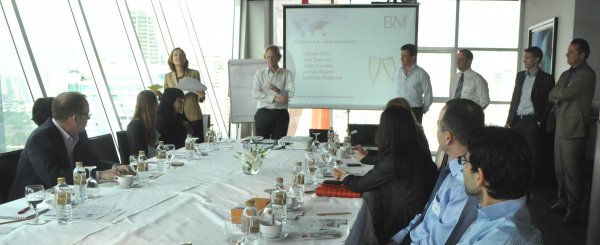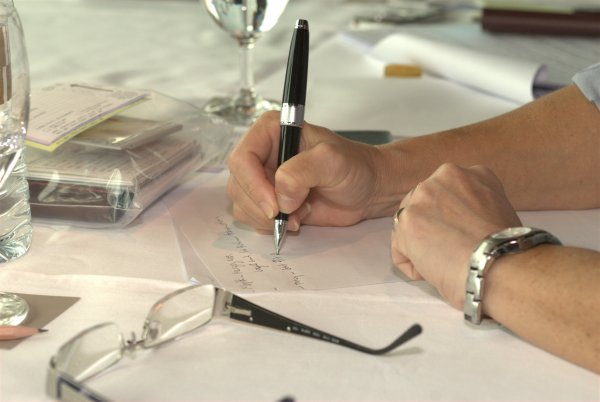Business Culture: Decision Making
Cultural Context
Decision making in Thailand can take considerable time, and visitors should exhibit patience. The lengthy process is due to the fact that all decisions in Thailand are made by senior executives, and all documents and proposals must make their way up the entire chain of command before they reach the actual decision maker. Thais value harmony and relationship building throughout negotiations, and they will usually consult with all members in their hierarchy before coming to any decision.
Visitors should expect to meet with their Thai contacts at least two or three times before any decisions are made. These meetings are used to build rapport, trust, and credibility. Most Thais will focus on the long-term benefits of a deal, rather than short-term goals. They also may look for compromise or concessions on the visitor's part. Many Thais prefer to avoid confrontations so much that they will leave negotiations or resort to obvious stalling tactics in order to avoid saying "no." In the end, Thais tend to make their decisions based on a combination of general principles and specific relationships.
Power Structures
As the Thai business culture is very hierarchal, Thai business leaders tend to be autocratic and authoritarian. In most Thai businesses, a small number of senior executives do most of the decision making and then hand decisions down to subordinates to execute. Team members and subordinates in Thailand defer to the opinion of their leader, even if they do not agree with him or her.
Key Contacts
Because the majority of final decisions in Thai companies are made by senior leaders, it is imperative that business visitors determine who actually has decision-making power in order to meet with that person as quickly as possible. However, protocol respecting hierarchy must be followed, so the business visitor may have to work his or her way up the ranks before the proposal actually lands in front of the decision maker. On the other side of the process, while the leader may make the final decisions, a subordinate team member may be your contact during the contract fulfillment stage. Therefore, it is important to build relationships with everyone you meet.
Communicating Styles
Business communication in Thailand is formal and diplomatic. In Thailand, nonverbal communication is as important as verbal communication, as Thais do not like to say "no." Thais are indirect communicators, which means that the literal meanings of their words are sometimes less important than their implicit meanings, and the visitor must give great attention to nonverbal communications such as facial expressions, eye contact, body language, and tone of voice. Many Thais use silence and avoidance as a communication tool, so pay attention to pauses.
One of the most important things for the visitor to know is that Thais use the smile to portray many things. Smiles may indicate approval, or they may indicate disapproval or embarrassment. Some Thais will act as if they do not understand the question or ignore it completely if they want to disagree with you. If you are unsure about what a response means, ask further questions on the matter, but allow your Thai contact to avoid direct refusal.
The official language in Thailand is Thai, but many businesspeople are fluent in English. Whatever their language, visitors should never raise their voices or display boisterous body language or facial expressions, as these nonverbal communications will be believed over their spoken words.
Implementing Agreements
In Thailand, signed contracts are not necessarily binding. Also, written agreements are typically broad and general to allow room for flexibility later in time. Oral commitments and interim agreements are not final or enforceable, and attorneys are not welcome at the negotiating table. All in all, the best way for visitors to ensure that a contract is fulfilled is by establishing and maintaining a strong personal relationship with their Thai contacts. This is because most Thais only consider themselves obligated to a business agreement for as long as the relationship is maintained. Therefore, visitors should conduct regular follow-up conversations and visits, as well as be prepared to make modifications to the original contract if business or economic conditions change in Thailand.
Article written for World Trade Press by Kerrie Main.
Copyright © 1993—2025 World Trade Press. All rights reserved.

 Thailand
Thailand 